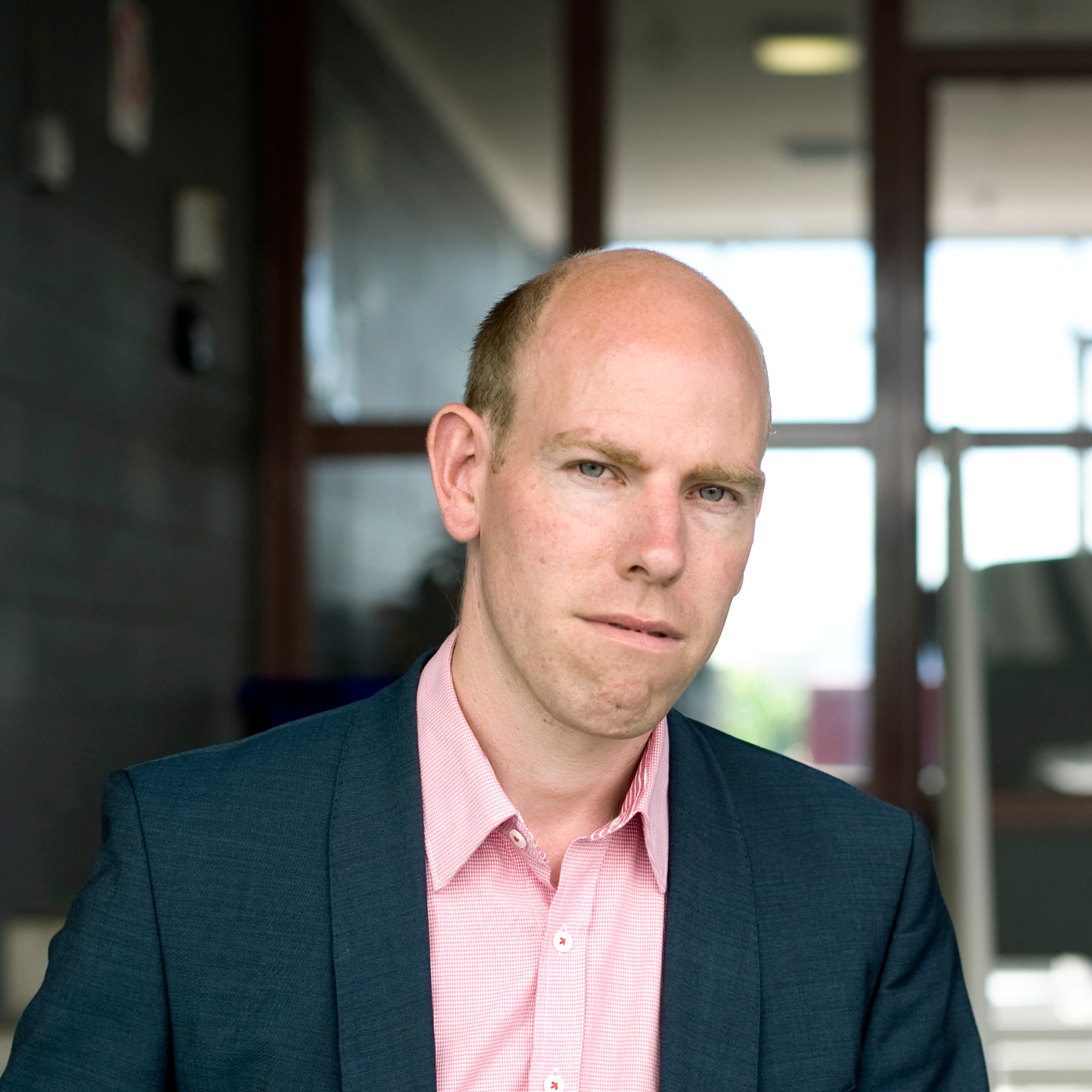Looking at the programme ahead of the concert, I
thought, 'I'm not sure this will pull a big crowd.' And so
it proved: on the night the Michael Fowler Centre must have
been more than half empty. No wonder, either. This was a
strange bits-and-pieces programme, one without a coherent
theme, despite the best efforts of the note writer to
pretend otherwise. (A harsh truth: "the Enlightenment" is
not a theme, especially if some of the pieces have nothing
whatsoever to do with it.)
The titular piece, Michael Norris's Matauranga (Rerenga), was also disappointing. On the upside, it made superb use of a variety of taonga puoro, expertly played by Alistair Fraser. That these instruments are so seldom seen on the New Zealand Symphony Orchestra stage says nothing good about the current classical scene. The piece also made inspired use of live computer processing to create real-time loops, distortions and echoes of these traditional Maori instruments. But it privileged breadth at the expense of depth: none of the instruments was heard for long, and it felt like much of their potential remained untapped. By focusing on brief flute and gourd lines against an echoing, forest-evoking backdrop, the piece veered dangerously close to tourism soundtrack territory. And, perhaps most damningly, there was little sense of musical progression or transformation, the piece remaining instead a series of vignettes.
More successful was Osvaldo Golijov's Last Round, a tango-inspired piece conducted – appropriately enough – by Uruguayan Carlos Kalmar. The first half was filled with frenetic energy, and just occasionally it seemed like the strings were scrambling to keep up, though on the upside the underlying pulse of the basses was beautifully done. And although there was wildness, there was also restraint – a sense of balance alongside the dip and sway. And that balance was present across the piece, the warmth and melancholy of the second half providing an effective counterpoint to the energy of the first.
The final work, Carl Nielsen's Symphony No. 4 ('The Inextinguishable'), mirrored the concert as a whole in the sense of being decidedly a mixed bag. There was some fine tone-painting and some very effective "dying falls" in the first movement, as well as delightful woodwind playing and moments of genuine joy in the second. But I would have liked more definition, especially in the string parts, in the third movement, as well as a better blending of timbres. And there wasn't much that Kalmar or the orchestra could do about the work's inherent deficiencies, which include a fair bit of undisciplined and repetitive writing, especially in the louder passages. I didn't regret that it had to end; at the risk of sounding brutal, I'm quite happy to know that this symphony is not, in point of fact, inextinguishable.
It was a rather different story for the night's other work, Mozart's Piano Concerto No. 12 in A Major, played by Scottish pianist Steven Osborne. It isn't the most celebrated or sweeping of Mozart's works; nor is Osborne a pianist who immediately makes you think, 'Ah, here's magic in the fingers.' But the work is nonetheless a quiet gem: a Katherine Mansfield short story rather than an Eleanor Catton novel. And Osborne produced playing of an exceptional stillness and gentleness. The great pianist Artur Schnabel once said, 'The notes I handle no better than many pianists. But the pauses between the notes - ah, that is where the art resides.' And that sentiment was very much in the air, even in the opening Allegro. In the second movement Andante, Osborne's playing had a misty softness, sharpening to total clarity in the closing Allegretto.
Throughout there was graceful energy and astonishing
sensitivity; above all, the ability to turn the music –
especially the slower passages – into a world complete and
entire in itself. It was the sort of playing you could have
set to students as an example. If only there had been more
of them to hear it! But for that, you probably need a
coherent concert, rather than something stitched together
from the offcuts of the rest of the year's
programming.



 University of Auckland: Online Gaming Review On Pacific Youth - Urgent Need For More Research
University of Auckland: Online Gaming Review On Pacific Youth - Urgent Need For More Research UCOL: UCOL Ākonga Awarded $28,000 In Freemasons Willson Lewis Scholarship
UCOL: UCOL Ākonga Awarded $28,000 In Freemasons Willson Lewis Scholarship Auckland Museum: Auckland Museum Announces Inaugural Matafatafa Aho Pacific Artist In Residence
Auckland Museum: Auckland Museum Announces Inaugural Matafatafa Aho Pacific Artist In Residence PHARMAC: Pharmac To Fund Medicines For Blood Cancers, Inflammatory Bowel Disease, Eczema And Arthritis
PHARMAC: Pharmac To Fund Medicines For Blood Cancers, Inflammatory Bowel Disease, Eczema And Arthritis  NZ Principals Federation: Principals Support NZEI's Call For Learning Support Boost
NZ Principals Federation: Principals Support NZEI's Call For Learning Support Boost NPDC: A Century On Stage - TSB Showplace To Celebrate 100 Years With Spectacular Show
NPDC: A Century On Stage - TSB Showplace To Celebrate 100 Years With Spectacular Show